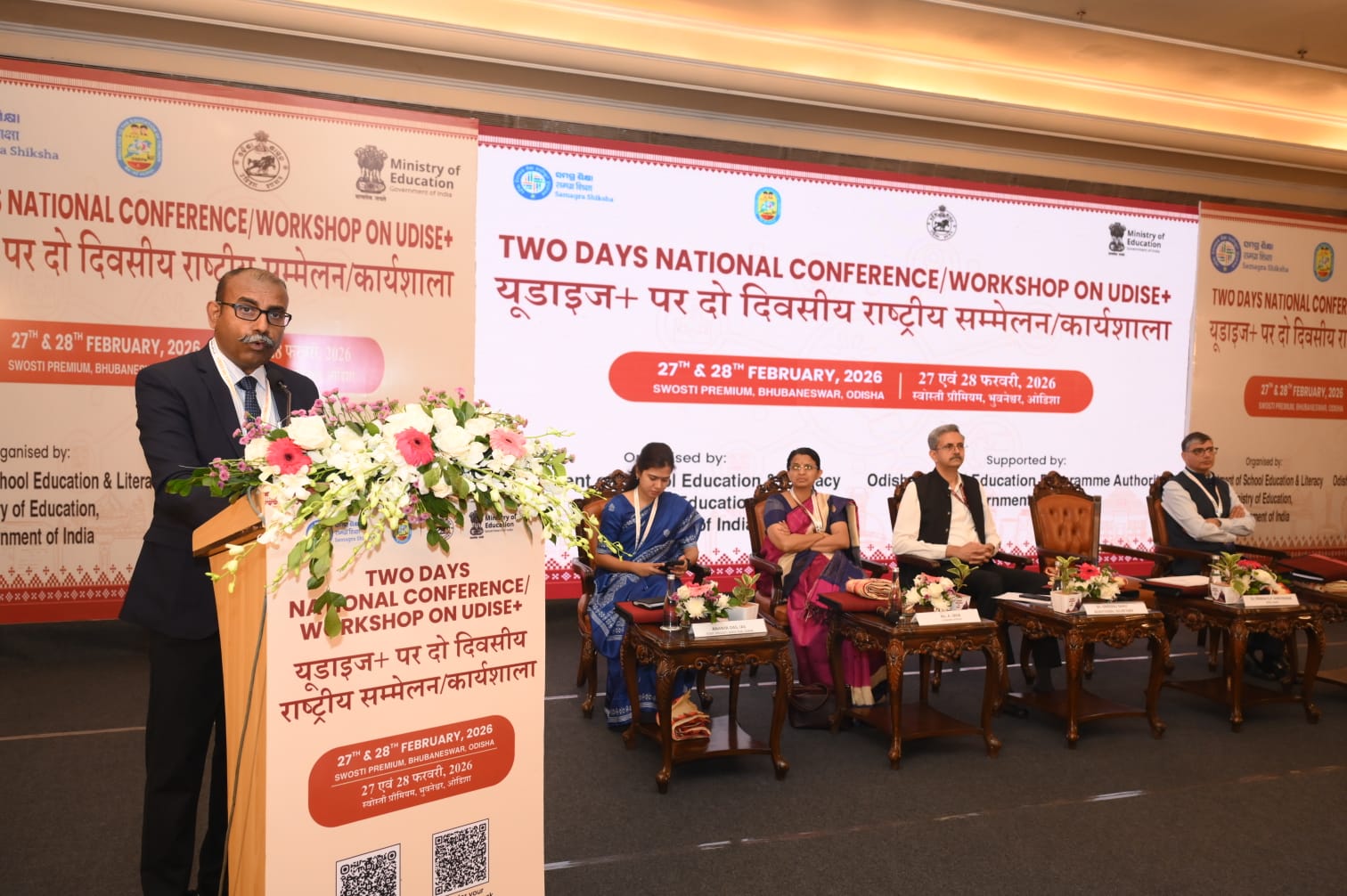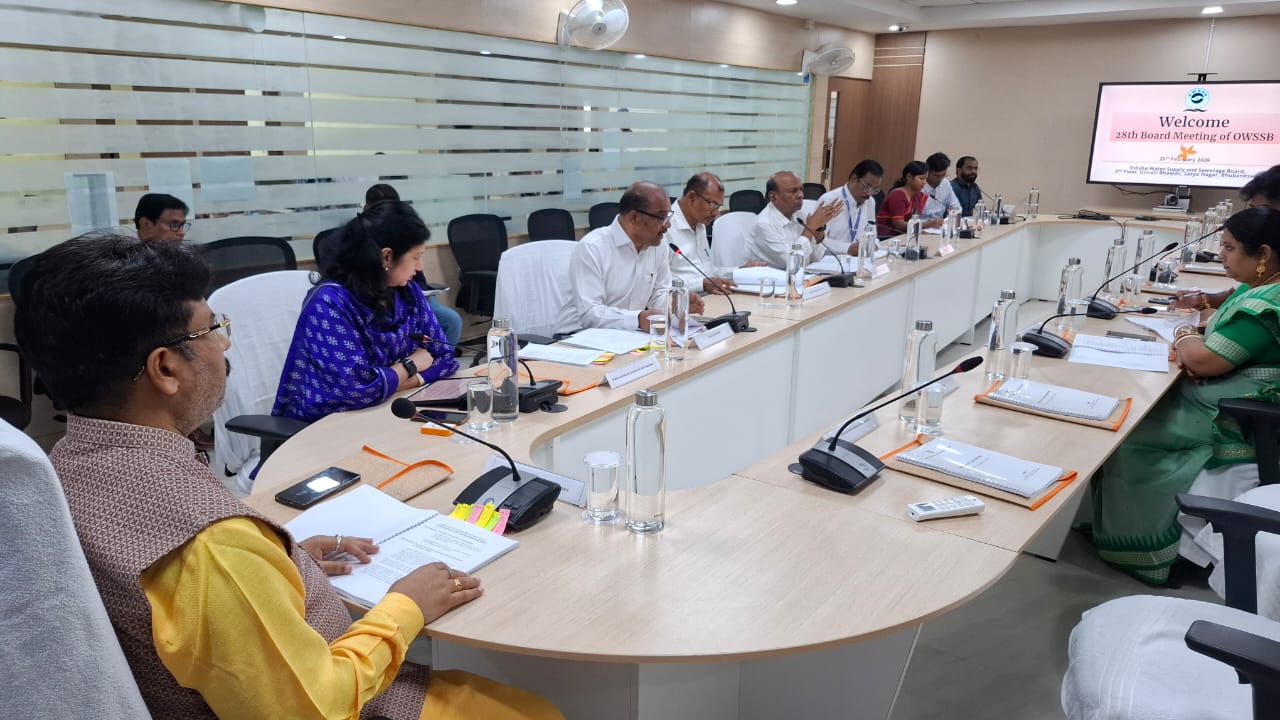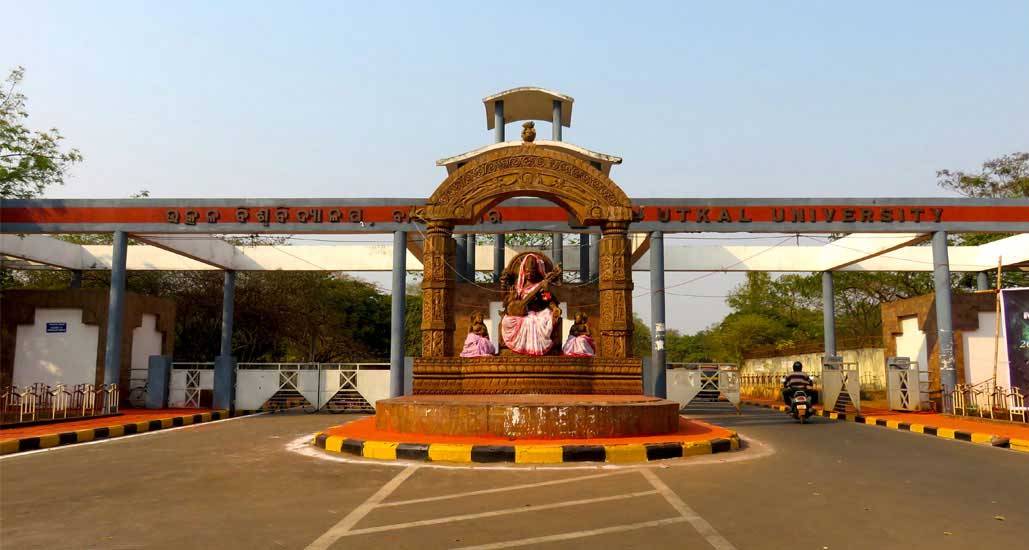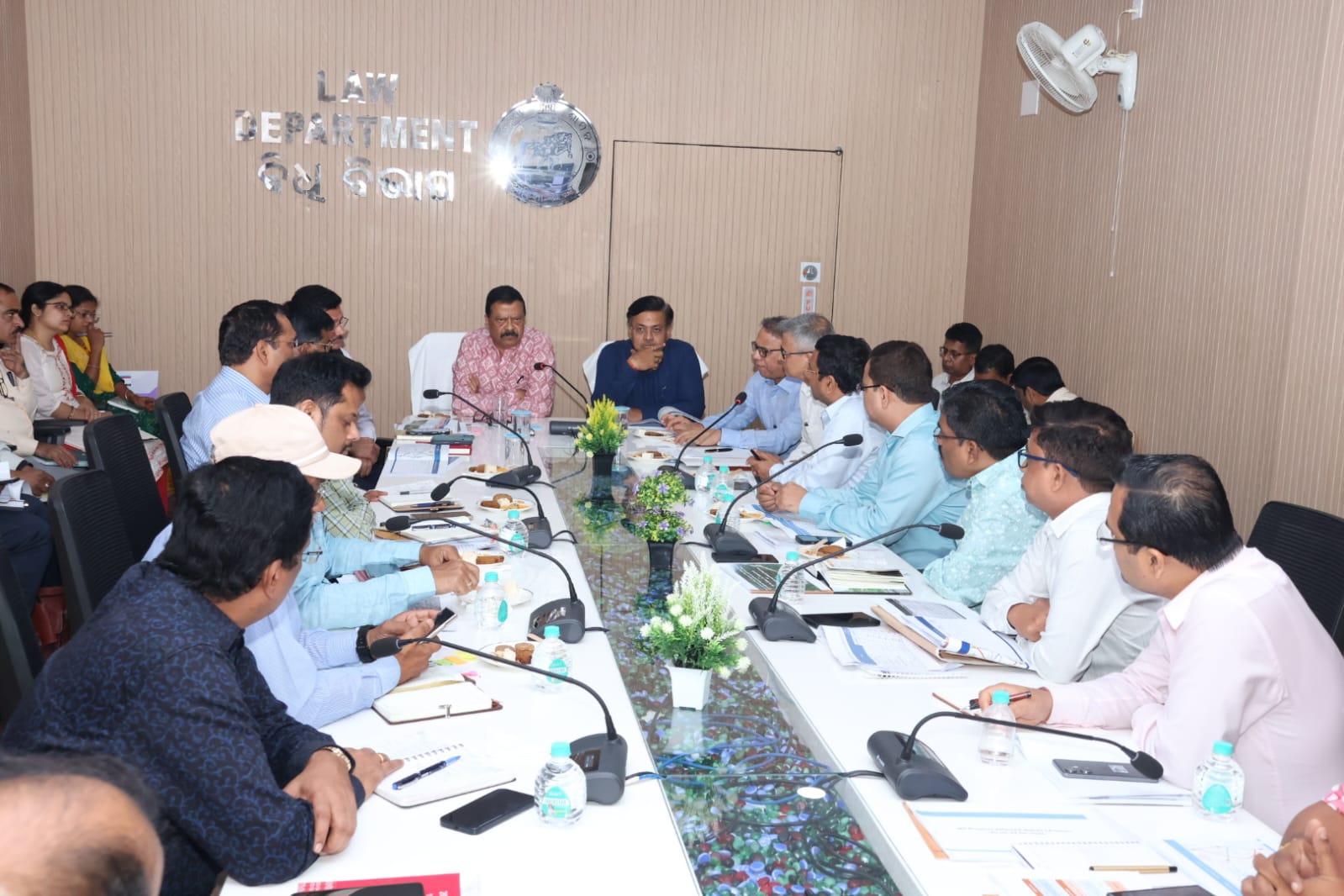New Delhi: The National Centre for Good Governance (NCGG), an autonomous apex institution of the Government of India, in collaboration with the Ministry of External Affairs, has successfully concluded the 32nd capacity-building program for civil servants of Maldives. The one-week program, conducted from February 5 to February 9, 2024, saw the active participation of 40 educationists.
The initiative, a result of the Memorandum of Understanding (MoU) signed during Prime Minister Shri Narendra Modi’s 2019 visit to Maldives, aimed at enhancing the capacities of Maldivian civil servants. The MoU outlined the commitment to conduct capacity-building activities for 1,000 civil servants of Maldives at NCGG over a period of five years. Despite challenges posed by the Covid–19 pandemic, NCGG has achieved a significant milestone by successfully conducting capacity-building programs for 1,000 Maldives Civil Servants within the stipulated period under the India-Maldives MoU between NCGG and the Civil Services Commission of Maldives.
Over the past five years, the capacity-building programs have been attended by Permanent Secretaries, Secretary Generals, Deputy Permanent Secretaries, senior officers of the Anti Corruption Commission (ACC), Information Commission Officers of Maldives (ICOM), and senior civil servants from various ministries and departments.
The participants have benefited from exposure to India’s flagship programs and initiatives aimed at fostering closer connections between citizens and the government through technology. The program covered a diverse range of topics, including e-governance, Digital India, universalization of public services to achieve sustainable development goals, Aadhaar usage in service delivery, public grievance redressal mechanisms, disaster management (with special reference to coastal regions), India-Maldives Relations, Fintech and Inclusion, Public Policy and Implementation, Ethics in Administration, Leveraging Technology in Disaster Management, Climate Change, its impact on biodiversity, Behavioural Change Management, Agro-Based Practices in Coastal Regions, Digital Health in India, Leadership, Coordination and Communication Skills, E-Governance, Digital India, Gender and Development, and Approach to Achieve SDG by 2030.
The NCGG, in its capacity-building programs, has designed customized modules based on the needs of the participating officials, providing valuable insights into India’s developmental projects and institutions. Activities outside the classroom included visits to observe a diverse range of developmental projects and institutions, offering participants invaluable insights and first-hand experiences of prominent initiatives and organizations. The visits included prominent locations such as Smart City, Dehradun, Pradhanmantri Sanghralaya, AIIMS, Indira Paryavarn Bhawan (India’s first Zero Energy Project), NDMC, NDMA, Delhi Metro, and heritage sites like Taj Mahal, Qutub Minar, among others.





